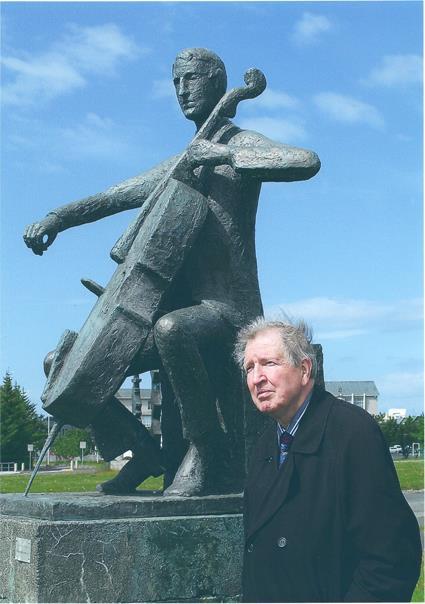
Danish cellist and teacher Erling Blöndal Bengtsson has died at
the age of 81. A student of Gregor Piatigorsky at the Curtis
Institute of Music, he went on to become an international soloist
and a champion of new works.
Born in 1932 in Copenhagen, Bengtsson began studying the cello with
Fritz Dietzmann at the age of five. He was accepted into the Curtis
Institute in 1948 after he wrote to Piatigorsky, who invited him to
perform with the Tanglewood orchestra in the same year. He later
became Piatigorsky’s teaching assistant, and from 1950 to 1953
taught his own cello class at Curtis. He also played in concerts
with the Scandinavian Symphony Orchestra.
In a March 2012 interview for The Strad marking his 80th
birthday, Bengtsson described his practice regime to fellow cellist
Jeffrey Solow: ‘For quite a few years I played a different Bach
suite every day, and then Piatti’s twelve caprices on the seventh
day. That is a very satisfying way to stay in shape.’
In a performing career that spanned the globe, Bengtsson performed
from memory a concert repertoire that encompassed the entire cello
literature. He also commissioned and introduced many new works,
including 14 cello concertos by Scandinavian composers. Among his
recordings are complete Beethoven sonatas and Bach Cello
Suites.
Bengtsson taught at the Royal Danish Academy of Music, Swedish
Radio Music School, Hochschule für Musik Köln and University of
Michigan School of Music, where he remained from 1990 to 2006. In
his later years he gave masterclasses in Norway and Iceland, where
he was a celebrated soloist: a statue of him performing was erected
in front of the University Concert Hall in Reykjavík in 1970
(pictured).
‘There have never been as many good cellists as there are today,
because there are so many more good teachers,’ Bengtsson said in
the 2012 interview. ‘But I don’t think one can say the performance
style has changed. I don’t find any particular difference between
students and the US. Maybe there was a difference once, but now it
doesn’t matter whether a student is educated in London or New
York.’

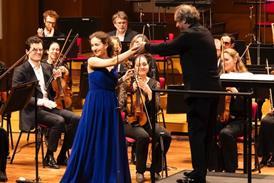
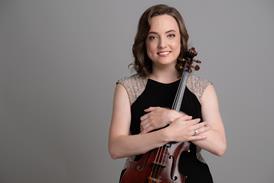
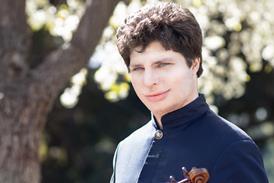
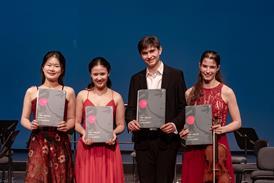
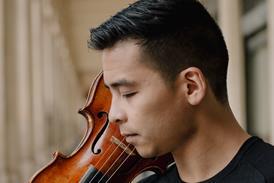
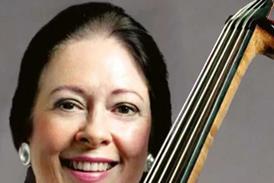
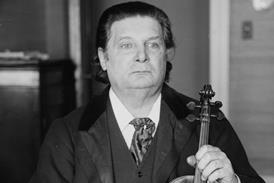

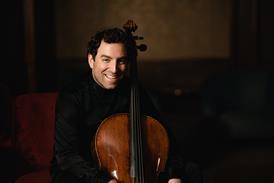
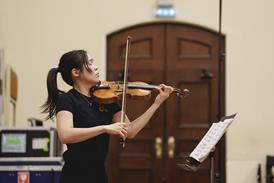

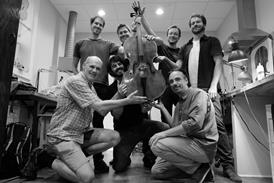
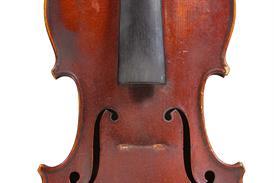














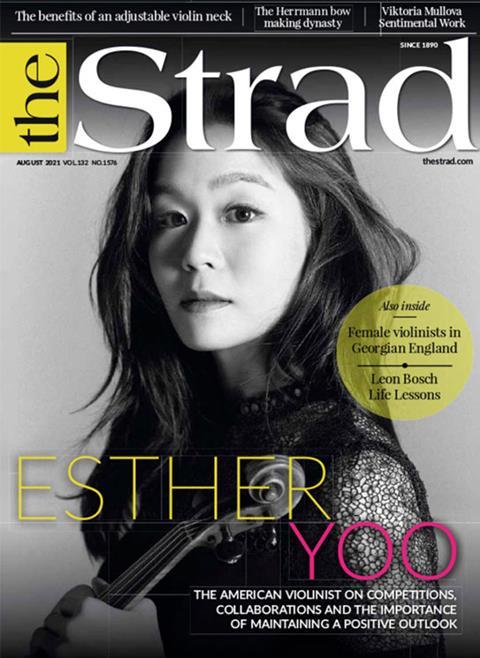












No comments yet